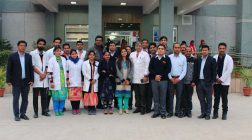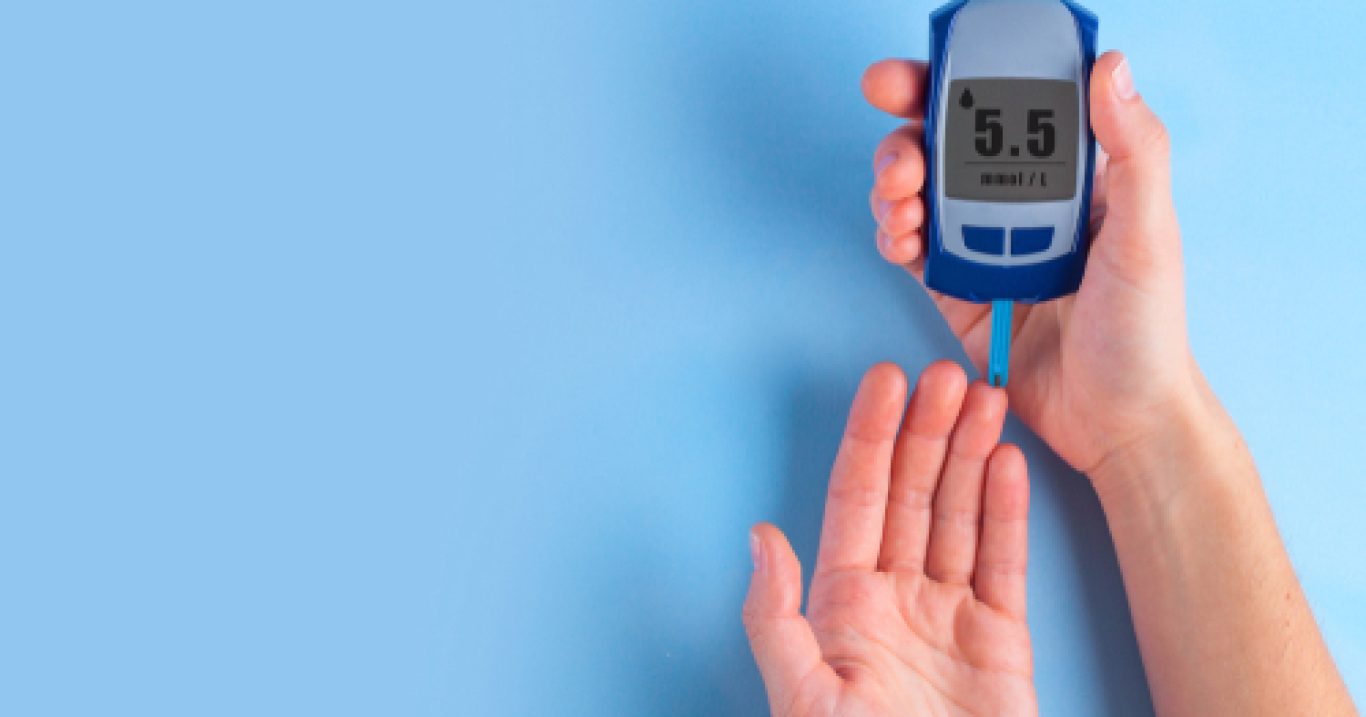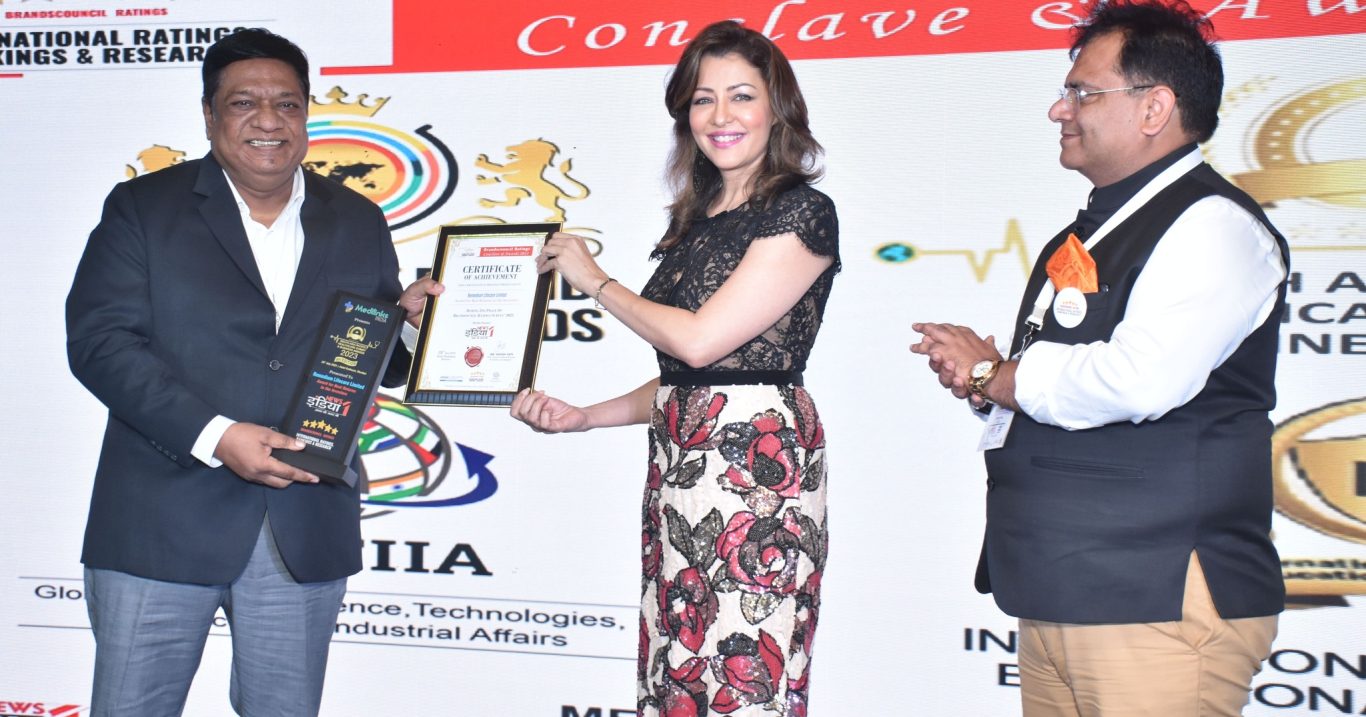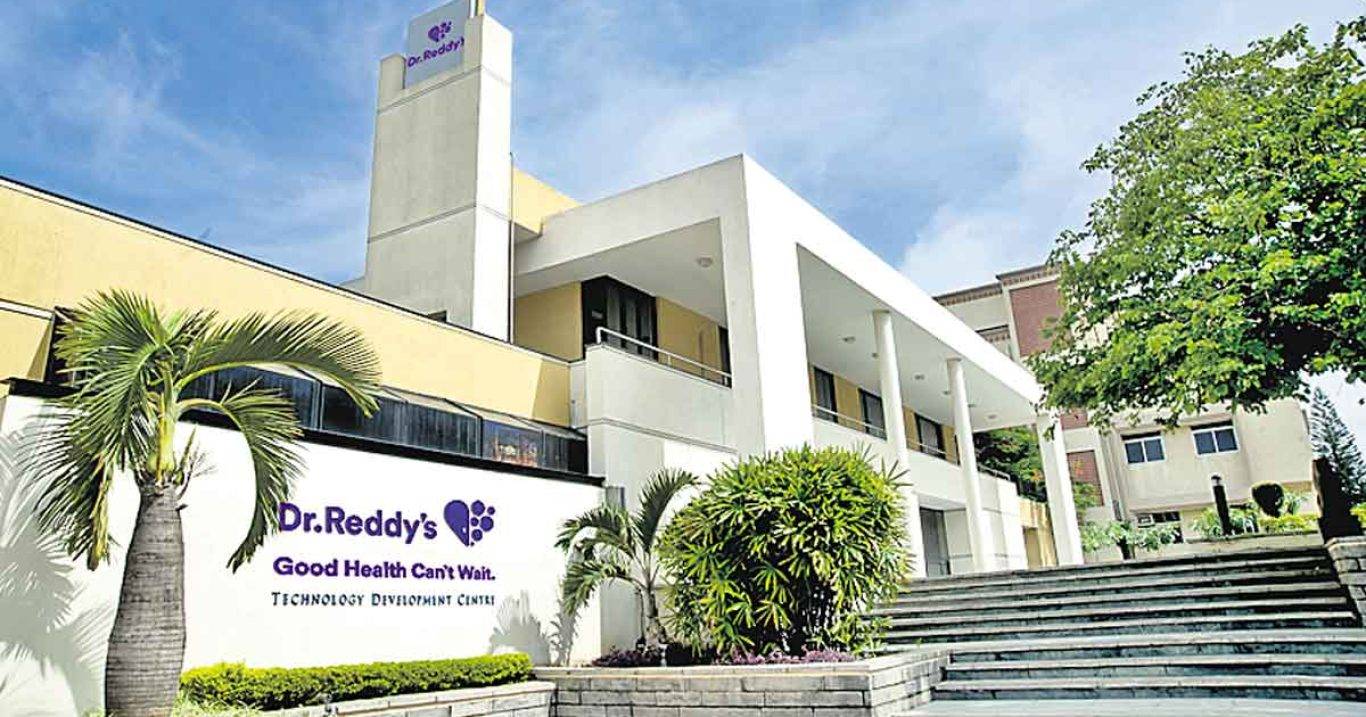How a good regulator can turn the fortunes of the paralysed clinical trial industry
 Early this week, the Supreme Court raised serious concerns over the manner in which 162 clinical trials were approved by the health ministry until August 2013.
Early this week, the Supreme Court raised serious concerns over the manner in which 162 clinical trials were approved by the health ministry until August 2013.
The SC wanted 157 of these trial approvals to be re-examined by expert committees set up by the ministry to assess the risk-benefit ratio, innovations to existing therapeutic options and benefits to medical needs of the country. In the case of the remaining five, SC called for a freeze in the trials until the ministry put in place a proper mechanism to ensure the safety of the clinical trial volunteers. It has also asked for audio-visual documentation of the trial while maintaining its confidentiality.
For a perpetually paralysed Indian clinical trial industry, the concerns shown by the SC cannot mean more harm.
For several years now, proven as well as baseless accusations of unethical clinical trials, lack of payments to clinical trial victims, conduct of unnecessary trials, illegal trials, etc have all been killing the once promising industry in the country. While the unscrupulous elements within the industry had played a role in creating this bad image, the ever increasing civil society scrutiny had made even corrective measures look cosmetic.
Read Also: What Ails The Clinical Trial Industry
Read Also: No Clinical Trial Till Mechanism In Place
Complicating the matter was the intervention of the courts in response to public interest litigations. The SC directive on October 21 has thus come at a time when the clinical trial industry has seen its worst.
Joe C MathewHowever, for the health ministry and its drugs control department – the Central Drugs Standard Control Organisation or CDSCO – the SC directive means a lot. It is yet another remainder of the manner in which the drug regulatory agency has been handling the regulation of clinical trials. For instance, the current SC directive was triggered by the admission of the health ministry representative that the 157 clinical trials that are under review were approved by drug controller on recommendations of New Drug Advisory Committee (NDAC) and without the approval of Apex and Technical Committees, the two committees formed after an SC order (while hearing the same case) on 3 January 2013.
The petitioners in the particular case, a civil society group called Swasthya Adhikar Manch, points out that the SC had also expressed its concerns over the lack of “checks and balance in the frame work where investigators are paid by sponsors and ethics committees are part of hospital with absence of proper mechanism to ensure patients safety”.
Caught between the ever increasing complaints of the clinical trial industry, the civil society vigil and the Court interventions, the ministry seems to be taking hurried decisions that are being back fired now.
Thus the health ministry’s decision to appoint renowned medical expert Dr Ranjit Roy Chaudhry to head a committee to propose a guideline for approval of clinical trials, new drugs and banning of harmful medicines have also been questioned. While Dr Chaudhry’s credentials were never in doubt, its the conflict of interest that has caught the attention of the SC.
As medical journal MIMS points out, Dr Chaudhry’s linkages to the clinical trial activities of Apollo Hospital Group were not disclosed while he was given charge of the committee. Subsequently the committee had come out with its recommendations, which were seen as pro-industry by several stakeholders including the petitioners.
The next hearing of the case is scheduled on 16th December 2013. Until then, the clinical trial industry is unlikely to see any change in their fortunes. Though, for the regulator, it’s time to work overtime, if it has to convince the court of its effectiveness, and thereby bringing more credibility to the clinical trials that are conducted in future.










